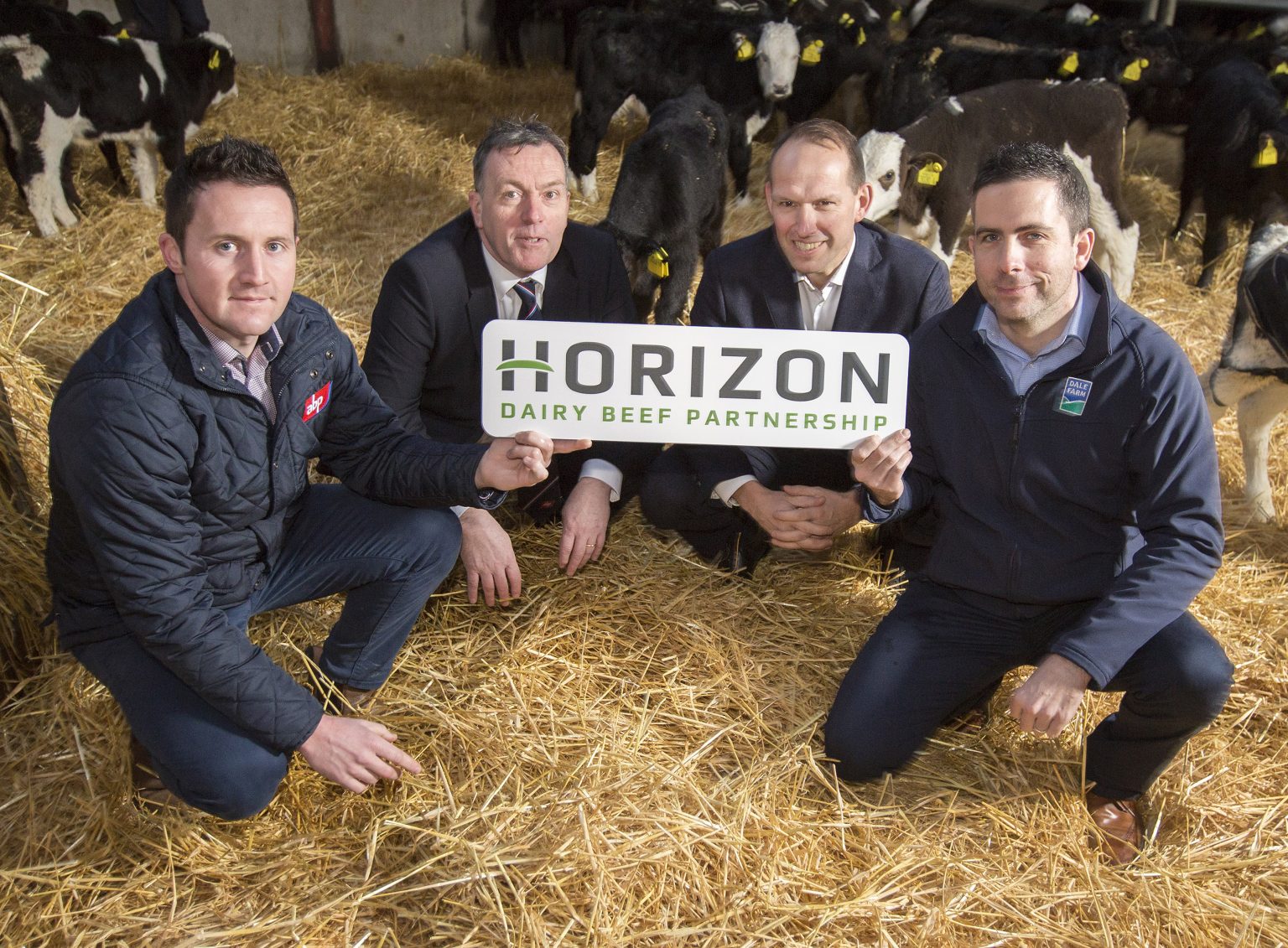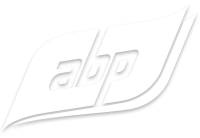Horizon – providing a sustainable market for the Northern Ireland dairy beef sector
In Northern Ireland, we have teamed up with Dale Farm, one of the leading dairies in the province, to introduce an initiative aimed at building a more sustainable market for the dairy and beef sector.
‘Horizon’ is the first collaborative scheme of its kind, in Northern Ireland. At its very core is beef and environmental sustainability, along with a strong focus on product quality and farm-to-fork traceability, and a support package provided to all participants to ensure high standards are adhered to.
Understanding our sustainability approach
The programme is underpinned by leading genetic research from ABP’s R&D farms across the UK and Ireland as well as ABP’s Blade Farming model.
The project is tailored to respond to the increasing market demand for quality Northern Irish beef, sourced in a secure, sustainable manner, with a shorter supply chain and with a reduced carbon footprint.
The programme is centred around a more sustainable production model for dairy beef. Animals are being bred following strict protocols enabling them to be marketed at 20-21 months, some four months below the UK average. The dairy finishing ensures a significant reduction of emissions per animal within the sustainability scheme, resulting in a more carbon efficient and lower cost of production model overall.
What options are available to participants on the ABP Horizon environmental sustainability scheme?
- Dale Farm dairy farmers have the option to breed part of their herd to selected Aberdeen Angus genetics. These calves are then collected by ABP, with a premium paid for achieving desired genetic traits. On-farm research from ABP’s R&D farms has demonstrated that the use of superior genetics can result in production savings of £70 per head.
- Alternatively, Dale Farm Dairy Farmers or ABP beef farmers can opt to become a rearing farm for four-week-old calves. ABP supplies the calf rearing inputs and provides all appropriate support to maximise calf performance during the rearing period in terms of health and nutrition. In return, farmers must adhere to a strict animal welfare and feeding regime. They will receive a management fee per calf plus a bonus for performance targets achieved.
- The third option focuses on the finishing period. Here farmers are supported with expert input and advice to help achieve better growth rates, improved food conversion, enhanced animal welfare, best practice feeding regimes and grassland management. Finishing farms that follow best practice production efficiencies can achieve improved financial returns as a result of a lower ratio of input cost to performance.

